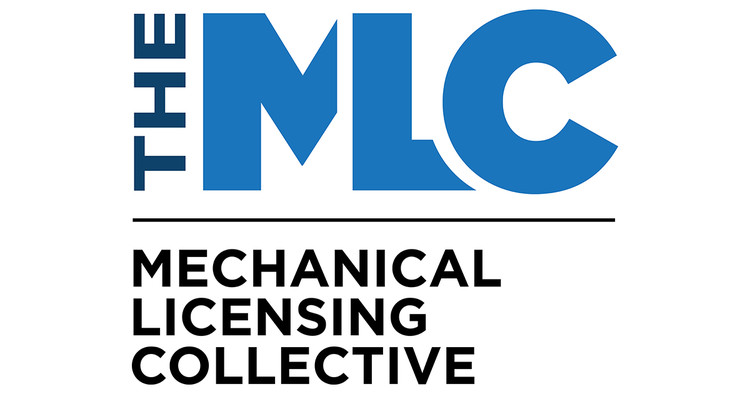News on copyright in the US
Hi Linda! Can you explain, what exactly is MLC?
 MLC stands for Mechanical Licensing Collective and is the new American organization for collection and distribution of mechanical licensing fees from digital music services. It is thus the organization that ensures that the mechanical licensing fees from digital music services in the US is licensed, collected and distributed to the right recipients.
MLC stands for Mechanical Licensing Collective and is the new American organization for collection and distribution of mechanical licensing fees from digital music services. It is thus the organization that ensures that the mechanical licensing fees from digital music services in the US is licensed, collected and distributed to the right recipients.
MLC is owned and run by the U.S. Copyright Office and is not a collection society in the likes of STIM, an independent economic cooperative. In practice, however, they do about the same work, i.e. license, collect and distribute the financial compensation from the digital music services to the copyright holders.
Why was MLC created?
The U.S. copyright legislation and the American music industry in general works differently than the Swedish model. As this is the case, mechanical licensing fees from digital music services have previously been administered primarily by publishers, not by a collecting society. MLC was established to improve the structure of mechanical licensing in the US. This will be beneficiary for every involved party – the digital music services, music creators who are not represented by a publisher, as well as music creators’ whose publisher doesn’t have a subpublisher in the US.
What is mechanical licenses?
Putting it simply, you can get financial compensation for your music through three different types of licenses – performance, mechanical and synchronization.
- Performance licenses come into play when someone plays or in any way performs your music in front of, or to, the public. This also includes radio and the transfer of music through the internet, like in the case of streaming.
- Synchronization licenses are what’s in effect when your music is joined by visual media for advertisements or other media productions.
- Mechanical licenses are the licenses that enable someone to produce a copy of a musical composition. This doesn’t only happen when a song is downloaded, but is also a factor in streaming.
When discussing digital music services such as Spotify and other streaming services, the music creator thus gets financial compensation from both mechanical licenses and performance licenses when a song is streamed. In Sweden, Stim collects both mechanical and performance licensing fees, but in the US it is handled by different organizations.
I’ve chosen Stim to represent me, do I need to do something?
As you might have seen in media reports, MLC has started collecting royalties from different music services already. These royalty payments will be distributed to you, but what party that will collect your royalties differ, depending on if you are signed to a publisher or not.
If you’re signed to a publisher that administer your rights in the US you should contact them first and foremost. If you’re not signed to a publisher, or if your publisher doesn’t have representation in the US, Stim will administer your rights by collecting and distributing your financial compensation to you.
As always, your songs need to be registered and contain complete details, regardless if you are signed to a publisher or not. We need to know it’s your music in order to be able to pay you your royalties. You can check your registered works on the site my pages.
When will the royalties that MLC collects be distributed?
The work of processing data in order to allocate royalties to the correct copyright holders has already started. MLC has stated that they aim to start distributing the royalties for Q1 2021 to the different collecting societies outside of the US in the summer or fall of this year.
The retroactive periods will take slightly longer to distribute. At Stim we work hard to ensure that our members’ interests are fairly represented and that the economic compensations are distributed to the correct copyright holders. More information will be available as soon as MLC make progress in their work.
